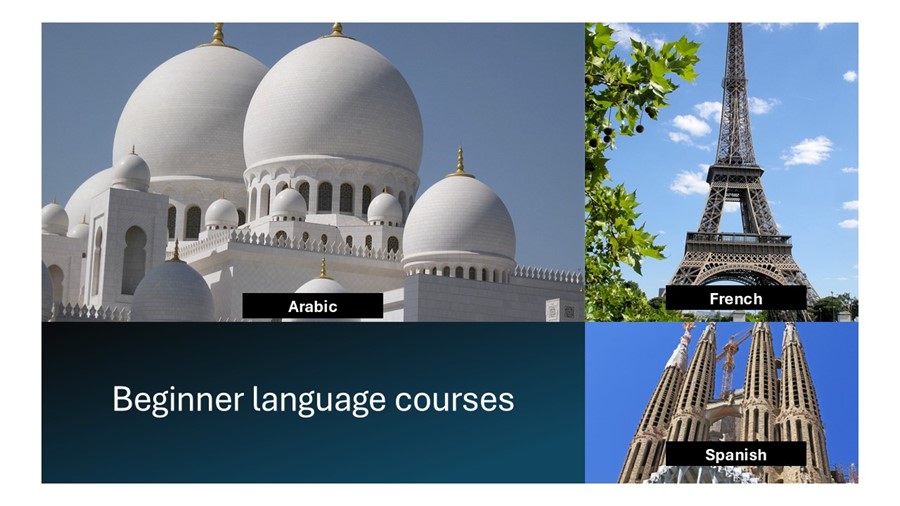What will the course Cover?
The role of a Community Interpreter. Learn about interpreting techniques, Public Services and much more.
Who is this course for?
Bilingual people who would like to work as an interpreter within their community.
What skills, knowledge or experience do I need to start this course?
You need to be fluent in English and your mother tongue. Some previous experience of working as an interpreter either paid or on a voluntary basis would be an advantage but not essential. Please note you need to be able to write in your mother tongue as the Glossaries are from English into your mother tongue. Computer literate.
What should I be able to do by the end of the course?
Have a much better understanding of the role of a community interpreter and the techniques used in interpreting situations. You will also have made significant contributions to the final portfolio you will need to submit to earn your certificate.
How is the course organised?
This course is 17-week long with 3 hours of classroom teaching every week. There is a mixture of short lectures, group work, presentations, role-plays and independent work using computers to prepare assignments and glossaries.
What extra study or practice is expected outside of the class?
Computer research as well as public service research on its services offered to the community
How will my progress be assessed?
Tutor assessment, self assessment as well as peer assessment through written assignment, delivering presentations and role-plays. Assignments must be word-processed.
What can I expect to go on to after this course?
tutor will advise.
Are there any other costs and what do I need to bring?
Your fees cover exam fees as well as tuition fees. Bring a folder, pen and paper.
What support is available?
We have 3 main ways of supporting learners.We have 3 main ways of supporting learners. a. Help with literacy or numeracy is available through the basic education programme and the ESOL programme offers help for speakers of other languages. b. Additional support can be provided for students with learning difficulties and/or disabilities. If you have a disability and feel you need support to get the best from your course you can contact Sean Buckley (sean.buckley@lbhf.gov.uk) to have a confidential discussion on how best we can support your learning. c. The Learner Support Fund is a discretionary scheme, funded by the Skills Funding Agency, to assist learners who may be experiencing difficulties in paying for essential equipment/materials, travel costs, childcare, registration fees and other necessary expenses. Details of all available support and how to access it can be found on our website (hfals.ac.uk), in the Guide and the Student handbook, or from teaching or reception staff. We have 3 main ways of supporting learners. a. Help with literacy or numeracy is available through the basic education programme and the ESOL programme offers help for speakers of other languages. b. Additional support can be provided for students with learning difficulties and/or disabilities. If you have a disability and feel you need support to get the best from your course you can contact Sean Buckley (sean.buckley@lbhf.gov.uk) to have a confidential discussion on how best we can support your learning. c. The Learner Support Fund is a discretionary scheme, funded by the Skills Funding Agency, to assist learners who may be experiencing difficulties in paying for essential equipment/materials, travel costs, childcare, registration fees and other necessary expenses. Details of all available support and how to access it can be found on our website (hfals.ac.uk), in the Guide and the Student handbook, or from teaching or reception staff. We have 3 main ways of supporti



